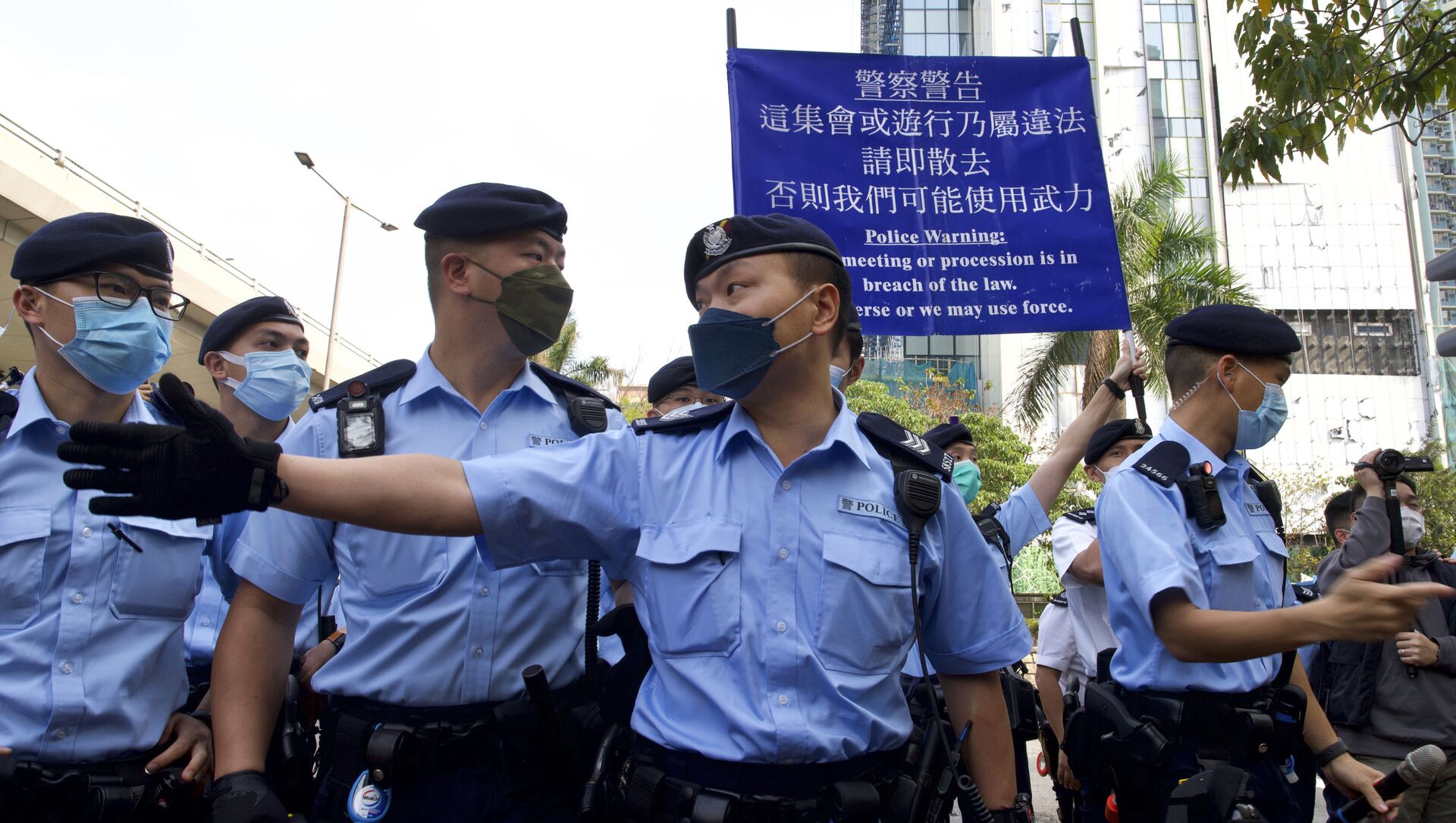Sunday raids across Hong Kong resulted in arrests of 47 pro-democracy activists and politicians who were charged with conspiracy to commit subversion. If convicted, they will be jailed for life.
Subversion was made a criminally punishable offence in Hong Kong last year under the Beijing-drafted National Security Law. According to Beijing, the legislation criminalises activities related to terrorism, separatism, subversion of state power and collusion with foreign forces, while local pro-democracy activists and certain Western nations claim that the law undermines Hong Kong's civil liberties and democratic freedoms.
Canada, along with other so-called Five Eyes intelligence-sharing allies, has stressed that the National Security Law is a breach of the Sino-British Joint Declaration that undermines the One Country-Two Systems framework.
Sino-Canadian relations soured after the Canadian authorities detained Huawei CFO Meng Wanzhou in 2018 at the request of the United States to which China is alleged to have responded by arresting two Canadian nationals on charges of espionage in China. The tense relationship has been further exacerbated by Canada’s condemnation of the new Chinese law on national security in Hong Kong.
Chinese officials have claimed that Canada’s deference to US foreign policy served as a catalyst for the growing diplomatic rift.


